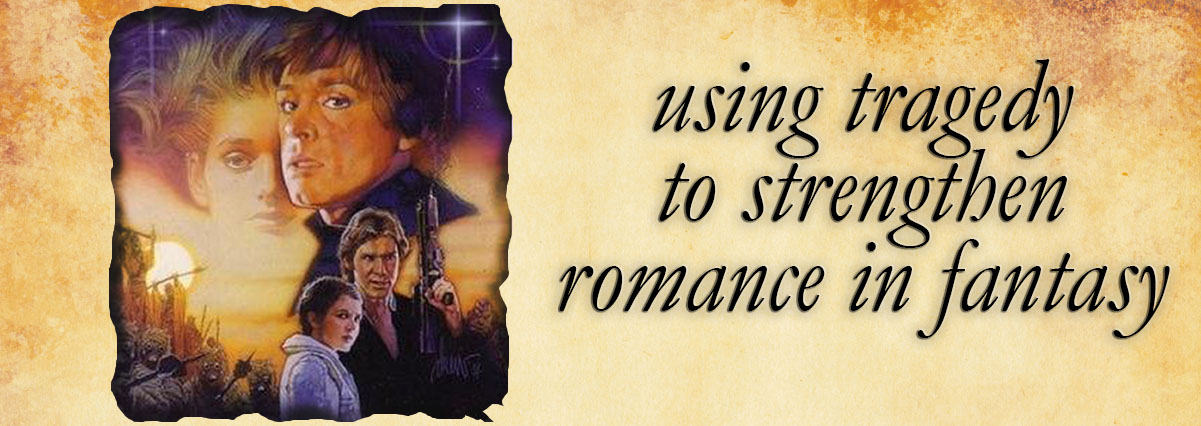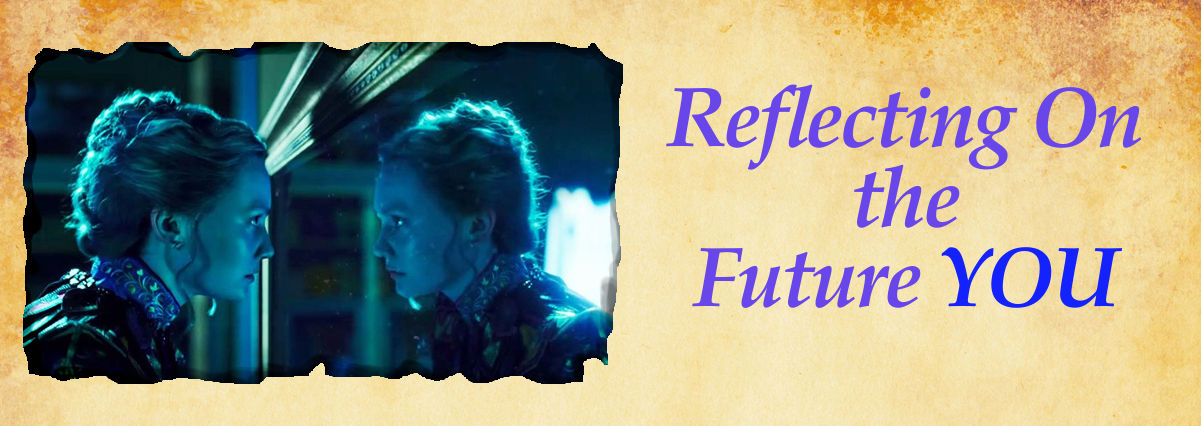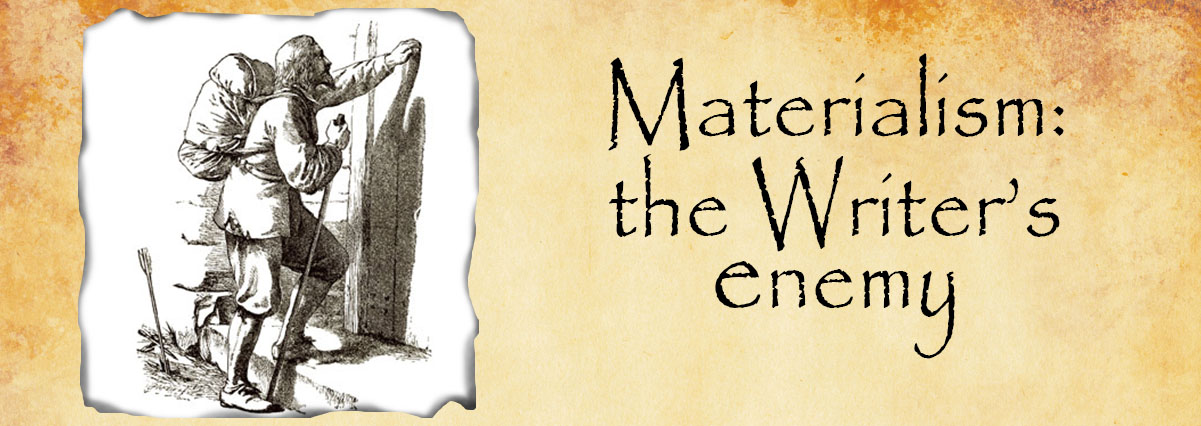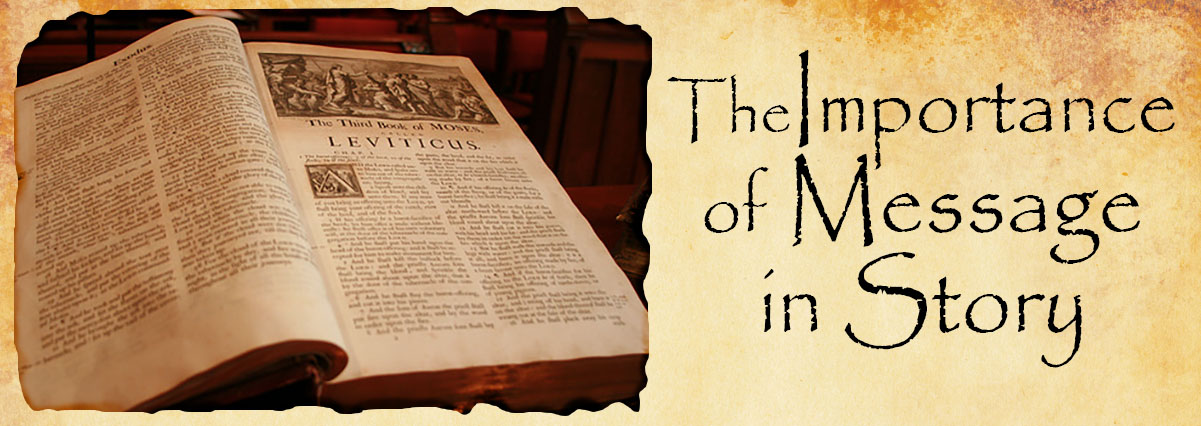Nothing is so chilling to the mind as being marooned at sea, or shipwrecked, or worse yet to be drowned in the depths of the sea. The sea has always fascinated me and in my writing I have sometimes alluded to this fascination… and this fear. There are many mysteries still to be solved in its depths, and fascinating histories and myths to which we can set our minds. Whether reading about it or writing about it, the sea offers a humbling reminder of how powerless we truly are in the face of God’s creation.
In my second novel I found opportunity to write a short, albeit fun glimpse of the mysteries of the sea. In Offspring Ilfedo is dragged into the Sea of Serpents, battling the creatures for which the sea is named. But beneath the surface lies a strange sort of city, filled with sentient creatures. They are only seen briefly before Ilfedo is returned to the surface to finish his battle with the serpents, yet it was a nod in my writing to my passion for stories of the sea.
When I was a boy I loved reading about pirates and privateers. I remember one particular true story (and I wish I could remember from which book). This American was engaged to this beautiful young woman and had a close friendship with her Puritan-type father, who was a respected merchantman. This American was in the fledgling U.S. Navy at the time and he had been tasked with hunting a notorious pirate. During his hunt he happened upon his soon-to-be father-in-law and boarded the merchant ship for a pleasant conversation and dinner. Suddenly everything transformed into chaos around him. Barrels that appeared to be filled with legally-traded goods were discovered hide stores of weapons and pirate loot. The merchant’s crew attacked the navy crew and the merchant himself attempted to kill his would-be son-in-law. That American returned home having slain his beloved’s father and–as the story goes–he never revealed the truth of it to either his wife or his mother-in-law. So far as she was concerned her father died tragically at sea at the hands of the dread pirate. If she had only known that her saintly father had been living a dark double-life.
That story and so many others stuck with me.
The creatures of the sea can be terrifying and the lore of large octopus, giant squid, and sharks gives this deep dread of the ocean depths. The loss of such ships as the Titanic and the subsequent discoveries and explorations of it and so many ships that are vastly older make the sea seem to be a time-capsule. Things that are lost there may remain lost for centuries and upon rediscovery their contents can be profoundly fascinating.
If there is any creature on this planet that is as old as the planet, it would have to be contained in the sea. For the land and the mountains were flooded so that for a time the entire world was covered in water until the waters “subsided” that Noah could repopulate the earth. What a thought!
There are depths of the sea that have not yet been explored. It is in constant change, the life beneath it growing even as the ships it wrecks are overgrown with coral. I have an old book simply titled Buried Treasure that documents with text and photos the sea escapades of a treasure hunter. It is fascinating. One account was of a sunken portion of a medieval town. It was reported by the people living along that coast that the bell from the old church could still be heard to toll. Of course everyone else thought they were just making the story up, cast in superstition. The treasure hunter made a dive into the old town and found that entire buildings were still standing, in particular the old church. What everyone had thought to be a myth ended up as being proven right, for it turned out that when the ocean current changed the old bell would bong once again.
Another book I read related the facts and the fiction of old stories of giant sea serpents. There were sightings of those creatures and even one that was caught… and that was the inspiration behind the sea serpents in my fantasy novels.
In exploring the facts of the sea, one is able to expand upon the myths of the sea. In understanding what it is one fears about the sea, one is able to write more honestly about the power of the sea. In understanding how small we are in comparison to nature, one is humbled into acknowledging the power of the Creator. We are the created ones and when we acknowledge that insignificance our writing creativity is empowered.
Q: What aspect of nature both compels your imagination and terrifies you?



